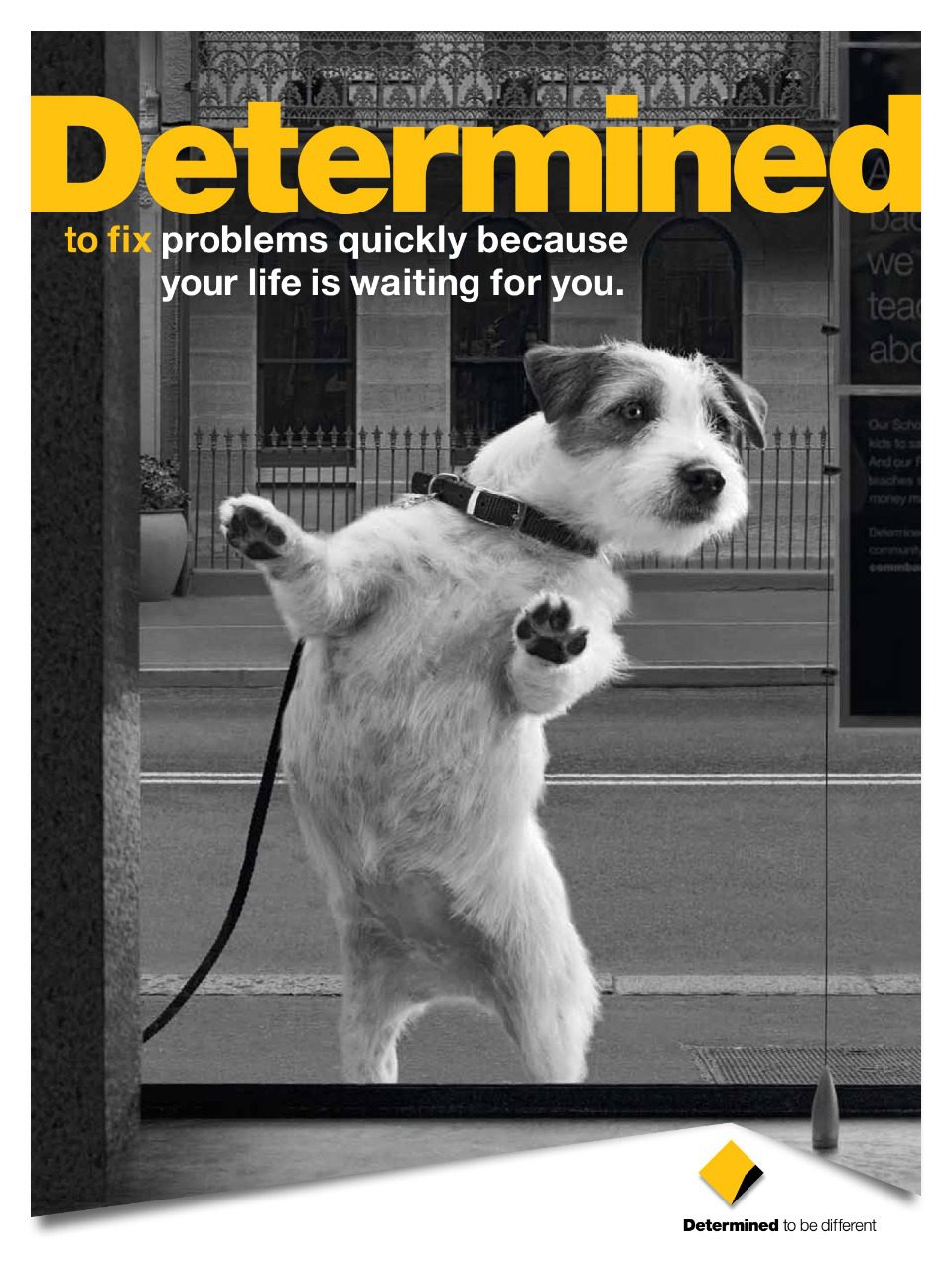The first multi-employer bargaining case will be brought before the industrial umpire under new federal laws allowing workers from different businesses to band together to negotiate higher pay rises.
Unions representing workers at 20 different early childhood education employers across NSW, the ACT and Victoria will go before the Fair Work Commission on Tuesday – the first day the new laws come into effect.
Independent Education Union NSW/ACT secretary Mark Northam said it was the first step to addressing issues across the sector.
“Four-year university-trained ECEC (early childhood education and care) teachers in some long day care centres are only paid modern award rates,” he said in a statement.
“This means they could be earning $30,000 a year less than school teachers with the same qualifications.”
Workplace Minister Tony Burke said the new bargaining laws would help get wages moving.
“The reason the government changed the laws last year … was because a whole lot of people who got themselves in front of the award had done it through enterprise bargaining, but in feminised industries like early childhood education, it just wasn’t working,” he told ABC Radio.
“It’s not just getting wages moving when it’s a feminised industry – it also helps close the gender pay gap.”
Under the reforms legislated last year, parents and carers of children will have better access to flexible working arrangements to help juggle responsibilities, and the Fair Work Commission now has bolstered powers to resolve bargaining disputes.
Business groups are concerned by multi-employer bargaining, citing unintended consequences for employees.
The coalition argued multi-employer bargaining would drag Australia back to the 1970s, resulting in widespread strikes and disruptions.
Meanwhile, the ACTU is challenging business groups opposed to the federal government’s planned labour-hire worker reforms.
The government is seeking to introduce “same job, same pay” laws, which would close loopholes allowing companies that have negotiated a pay rate with their workers to then pay labour-hire contractors less for the same job.
Eight industry groups – including the Australian Chamber of Commerce and Industry, the National Farmers Federation, the Minerals Council and the Business Council of Australia – have united to oppose the reform, arguing it would deny contract workers the ability to negotiate “more pay for harder work”.
Opposition workplace spokeswoman Michaelia Cash said the proposal would be detrimental to business.
“It’s not limited to labour hire,” she told ABC Radio.
“Listen to the employers – it also covers any service contractors who provide services to another business.
“At a time when businesses across Australia are crying out for staff, Labor look to introduce legislation which will tie Australia’s employers up in red tape and make it more difficult to hire Australian workers.”
Mr Burke said businesses were still taking part in negotiations on labour-hire issues but hit back at claims made by the groups.
“Yesterday was one of the strangest debates I’ve ever found myself in because business was running a passionate campaign against a policy that the government is not proposing,” Mr Burke said.
ACTU secretary Sally McManus pointed to the national carrier, Qantas, saying union research showed it had split its cabin crew workforce across 14 companies and contractors.
This had the effect of driving down wages and conditions, she said.
“There are staff that have been employed for over a decade on labour-hire contracts who are now onboard managers, yet get paid less than directly employed Qantas staff,” Ms McManus said.
“If their skills are valued enough to become management, they should be rewarded as such.”
– AAP
The post New bargaining system for workers kicks into action appeared first on The New Daily.

















